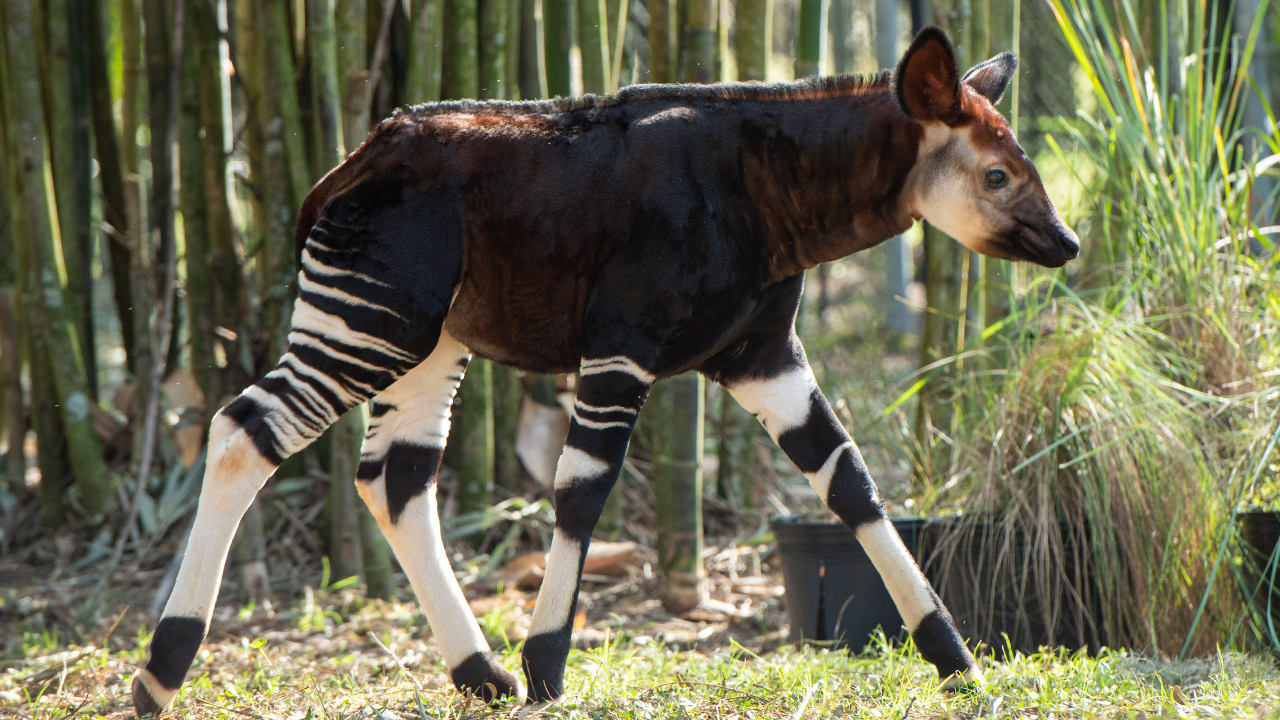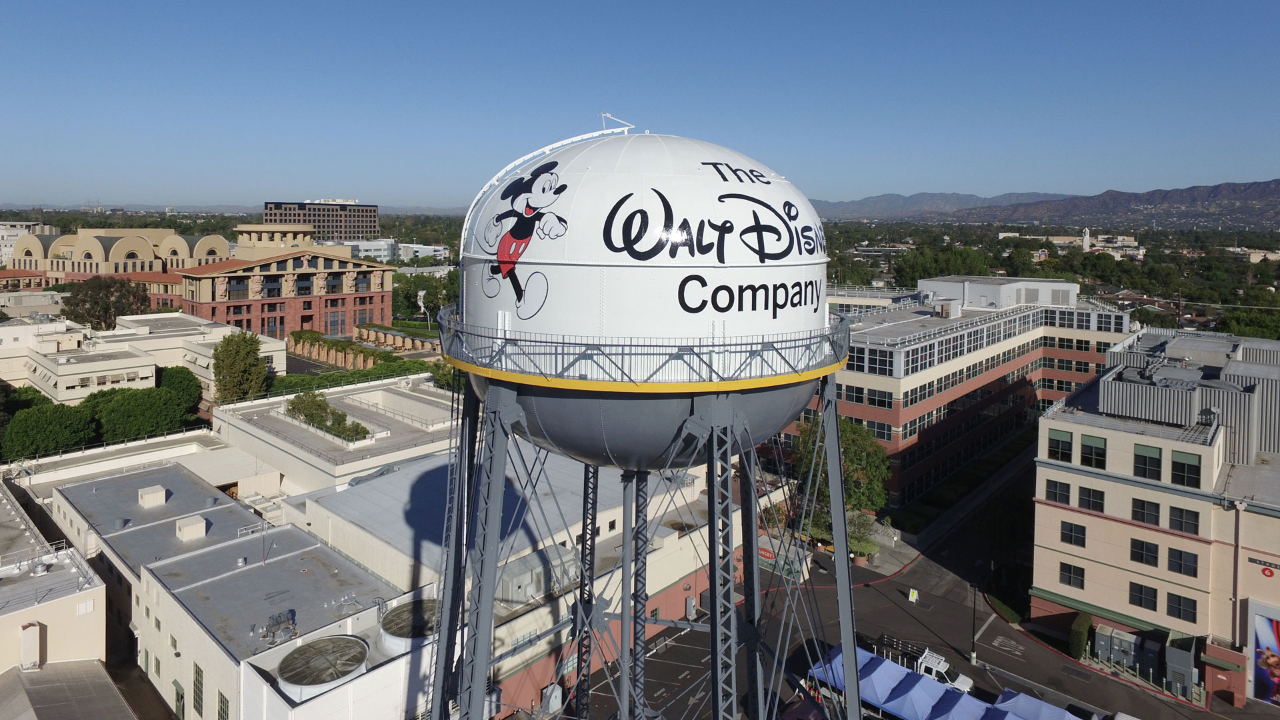October 18 is World Okapi Day. This year, the Disney animal keepers at Disney’s Animal Kingdom have even more reason to celebrate this special day. This is due to the birth of a new okapi calf named Beni. Beni is the twelfth okapi to be born at Disney’s Animal Kingdom Lodge at Walt Disney World Resort. His birth came through the recommendation of the Association of Zoos and Aquariums’ (AZA) Species Survival Plan. This ensures the responsible breeding of threatened species in managed care.









About the Okapi
- The Okapi is an endangered species that happens to be the only relative of the giraffe.
- An Okapi can weigh between 440 and 660 pounds.
- Okapi can be eight feet long and five feet tall.
- It is native to the Ituri Rainforest in the Democratic Republic of Congo.
- The Okapi is known for being stealthy and for a long time was believed to be a myth.
- It wasn’t until 1901 that the Okapi were seen by Western Scientists.
- The fur of the Okapi is thick and oily to protect it from the rain.
- There are also scent glands on the bottom of its hooves to help mark territory.
- Other than the tips, the short horns of the Okapi are covered in fur.
- The male Okapi has horns and the females have knobby bumps instead.
- The Okapi eats fruits, buds, leaves, twigs, and other vegetation which are digested in its four stomachs.
- Generally, an Okapi will consume between 40 and 60 pounds of food a day.
- Okapi often wanders alone but will come together in small groups at times to eat, groom, and play.
- An Okapi calf can walk 30 minutes after it is born.
The Okapi is listed as an endangered species. In the wild, the panther is its traditional predator. However, human hunters mark a bigger threat to the Okapi. Poachers kill Okapi for both their skin and meat. Because of the civil unrest in the Democratic Republic of Congo, enforcing wildlife protection laws has become incredibly difficult. Deforestation has also led to the destruction of Okapi habitats as well.
If you would like to support conservation efforts to help protect the Okapi, visit the Okapi Conservation Project website. You can also learn more about Okapi at DisneyAnimals.com.






